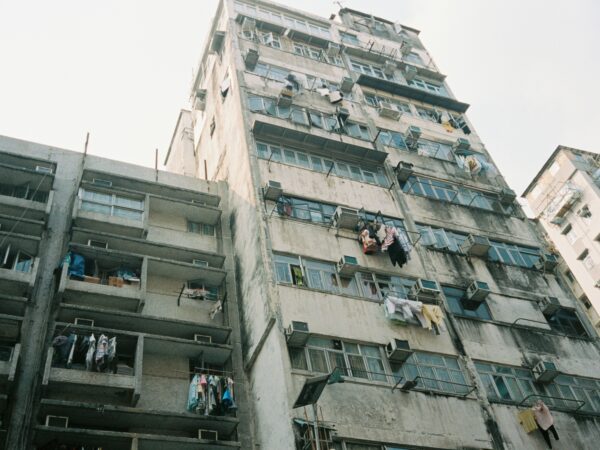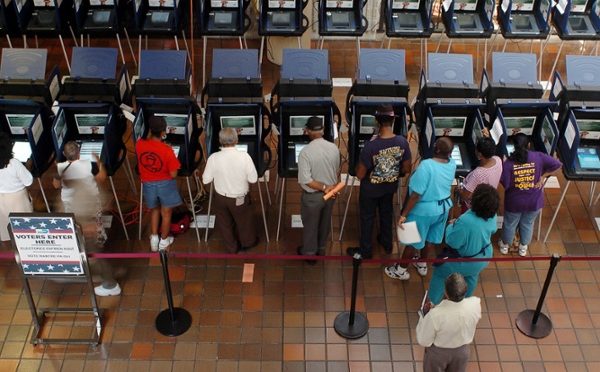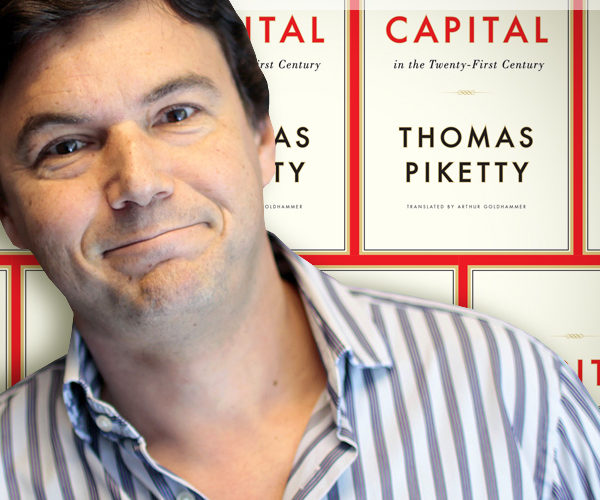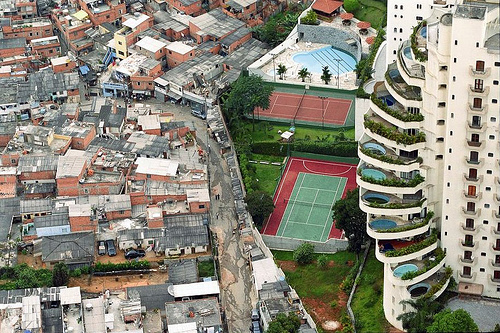
If we put Amos’ critique in more contemporary language, the “trampling” and “levies of grain” decried in 5:11 are the twin burdens of rents and fees, which often led to cycles of impoverishment and debt slavery. The lifestyles of the rich are financed by extracting from the poor.

One can read the results of the 2014 mid-term elections in the United States in terms of whatever dominant political inkblot they favor. The narrative of the American right-wing, of course, is that the resounding Republican victories at both the Congressional and gubernatorial levels constituted a resounding repudiation by the voters of the Obama administration’s policies and pari passu the much vaunted progressivist politics that seemed to have finally taken solid root in American political soil with the 2008 election.

This is the second of two posts reviewing Thomas Piketty’s Capital in the Twenty-First Century and pointing out why it is of interest to those concerned with religious ethics and political theology. In the first installment, I summarized Piketty’s findings on the reality of inequality today and the distinction between income from labor and investments, with its implications for justice in societies. In this post, I examine some of Piketty’s broader conclusions.

Despite its intimidating size and scope, Capital has the potential to be extremely helpful to scholars and activists concerned with inequality, and I hope to convince at least a few readers of Political Theology Today to add it to their reading lists. Like all economic works, Capital makes claims about what is good for humans, human nature and motivations, and social justice.

Isaiah offers us a startling vision of a society beyond scarcity and gross inequalities of wealth, leading to a subversion of all our economic logic. If we are prepared to re-conceive our world as a divine gift to all, we will be prepared to work towards a day when no one is excluded from God’s bounty.
What might happen if we read the Gospels afresh not from the perspective of distant struggles for justice or objectified notions of ‘the poor’ (as if ‘they’ were no more than a category) but from the perspective of those in our cities and towns who are considered ‘worthless’, part of an ‘underclass’, ‘surplus labor’…..?

